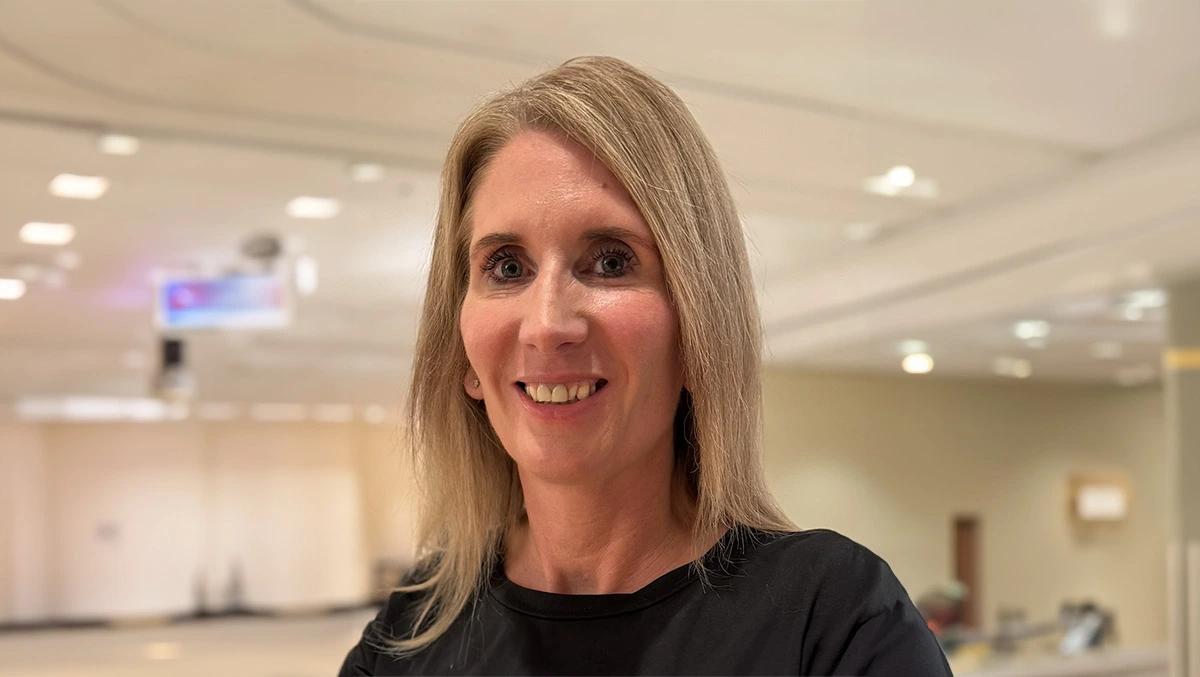
IWD 2024: Top tips for women entering male-dominated industries
There are proactive measures we can adopt to ensure we feel included from the get-go.
Could there be a better industry to work in than ICT? Call me biased – I've enjoyed an exciting and rewarding career in the IT sector since 2005 – but I don't think so.
It's fast paced and agile – the perfect place for women from all backgrounds to find challenging and fulfilling roles, be they in business, finance, legal, marketing, sales or in the technical team.
It's also heavily male-dominated. Although things are changing slowly, women still comprise less than 30 per cent of the local IT workforce, according to 2021 research from the Australian Computer Society.
As an industry, it's in our interest to do something about that, and quickly, too. Women add unique perspectives and by drawing on their varied strengths and experiences we'll increase innovation, as we lessen the gender gap.
Encouraging inclusion
But while the perception that only men can have careers in technology continues to be eroded, the prospect of being one of a handful, or in some cases, the only female in the room, remains a daunting one for some women.
Although I firmly believe it's on organisations to introduce and support processes and practices that encourage the respectful inclusion of our gender – and individuals from minority and diverse backgrounds – not every ICT company has done the work yet.
If the one you join is trailing, rather than trucking, on this front, it may be necessary to draw on your own resources.
As we prepare to mark International Women's Day 2024, here are some tips for surviving, thriving and making your workplace more inclusive for other women, too.
Exorcise imposter syndrome
Find yourself harbouring the secret and persistent belief that you don't have what it takes to do the job you find yourself in and that sooner or later, you'll be found out. While Imposter Syndrome isn't exclusive to women, research suggests it's an incredibly common condition: 75 per cent of female executives across all industries have experienced it at some point in their careers, according to one KPMG study.
If you're among their number, tackling those self-doubts head-on should be a priority. Being conscious of – and confident in – your capabilities and cultivating some healthy s
Self-belief will free you up to embrace challenges and reach your full potential.
Identify your personal board of directors
Have a strong network of supporters in the industry and the business world more broadly? If the answer is no, then it's time to do something about it, and fast. Proactively building relationships inside and outside your team, department and line of business and aligning yourself with a mentor you admire and trust will boost your confidence and make your journey easier and more enjoyable.
Pluck up your courage
Fortune favours the brave, as the old saying puts it. It's on you to ask for what you want and need to succeed, be that additional training or support, more flexible working conditions, remuneration that's commensurate with your qualifications and experience, and the value you bring to the organisation, or a seat at the table. Know that you don't have to be perfect or to have 10 out of 10 qualifications before you speak up. Men do it all the time!
Embrace your authentic self
You may be one of only a handful of women in the room, but that doesn't mean you need to behave in a more masculine fashion in order to fit in. People are attracted to authenticity, so strive to be bold, confident and true to yourself!
Champion diversity and inclusion on the ground
Workplace cultures rarely change overnight. Typically, it's a matter of chipping away, making small inroads that, over time, add up to significant progress. If you'd like your workplace to be more inclusive towards women, then help drive that change. Raise awareness of diversity and inclusion programs if there are any in place, advocate for them if they're not yet a thing, participate in them and encourage your colleagues, both female and male, to do likewise. Your efforts won't just help yourself – you'll be doing all the women following in your footsteps a favour, too.